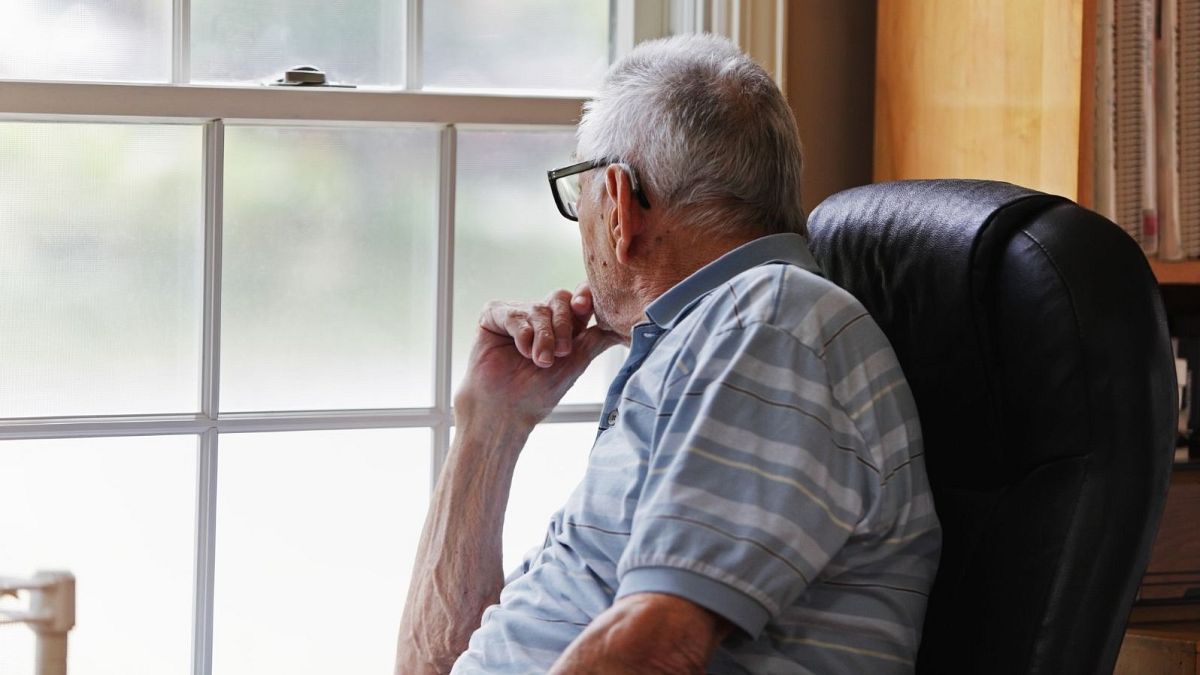Published on
ADVERTISEMENT
Loneliness is a common problem – and it’s expensive to health systems, according to a new analysis from the United Kingdom.
People who are often lonely cost the UK’s National Health Service (NHS) up to £885 (€1,024) more annually than their more sociable peers, according to the estimates, which were published in the journal PLOS One.
Researchers surveyed more than 23,000 Britons on their levels of loneliness, well-being, and health care visits from 2021 to 2023, and used the figures to estimate their health costs.
They found that eight per cent of people often experienced loneliness and another 32 per cent were lonely some of the time.
Loneliness was tied to mental distress, worse mental well-being, poorer physical health, and lower quality of life, the study found. Lonely people were also more likely to visit their general practitioner (GP) or the hospital than people who were not lonely.
“Our findings highlight the importance of recognising loneliness as both a public health issue and an NHS priority,” Antonieta Medina-Lara, one of the study’s authors and a professor of public health economics at the University of Exeter, said in a statement.
“Too often overlooked, loneliness carries substantial personal and societal costs,” she added.
The UK is far from the only country grappling with loneliness. The World Health Organization (WHO) estimates that loneliness affects 16 per cent of people worldwide, and views social disconnection as a “serious threat to global health”.
Social isolation and loneliness are linked to a higher risk of heart disease, type 2 diabetes, depression, and anxiety, according to the WHO.
Several countries, including the UK, have launched national plans to combat loneliness in recent years, to foster both in-person and online connections between people who may be at risk of loneliness or social isolation, such as older adults.
The latest study indicates that age also plays a role in the health spending gap. Lonely young people and seniors incurred much higher costs than their non-lonely peers, a disparity that narrowed for people in midlife.
The researchers said they hope that more awareness of loneliness’s complex personal and societal consequences will lead to more concrete steps to address it.
“By making these visible, we hope to encourage new approaches to help people build connections, improve well-being, and ultimately reduce the burden on health services,” Medina-Lara said.
